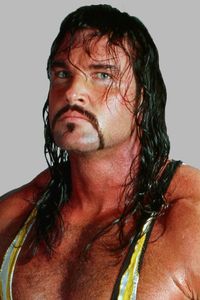Born on December 11, 1927, in Long Beach, California, Harry Lawton grew up with an innate passion for reading and writing, which was nurtured during his childhood. Upon completing high school, Lawton pursued his academic aspirations by enrolling at the University of California in Berkeley, where he majored in Journalism.
During his time at the University, Lawton's passion for writing only intensified, as he actively contributed to the university's newspapers and magazines. His entrepreneurial spirit led him to open the famous Haunted Bookstore in Berkeley, which specialized in rare Western Americana.
Subsequently, Lawton relocated to Riverside, where he was employed as a reporter for The Press-Enterprise. It was during his tenure at the newspaper that he stumbled upon the captivating true story of Willie Boy, a Pauite-Chemehuevi Indian who found himself entangled in a forbidden love story.
Intrigued by the tragic tale, Lawton devoted the next three years to conducting extensive research on the Morongo Indian Reservation in the California Desert. His meticulous research culminated in the publication of his award-winning novel, "Willie Boy: a Desert Manhunt" (1960),which was later adapted into a film, Tell Them Willie Boy Is Here (1969),starring the renowned actor Robert Redford.
Throughout his illustrious career, Lawton earned the respect of his peers and was actively involved in the preservation of the Native American Community. He co-founded the California Museum of Photography, The Malki Museum, and the Malki Press, a non-profit organization dedicated to publishing books about Native Americans in California.
Lawton's dedication to his craft extended to his academic pursuits, as he founded the Creative Writing Program and the Journal of California and Great Basin Anthropology at the University of California. His remarkable contributions to California History were celebrated in a special ceremony held in Riverside a month after his passing on November 20, 2005, in Dana Point, California.


















